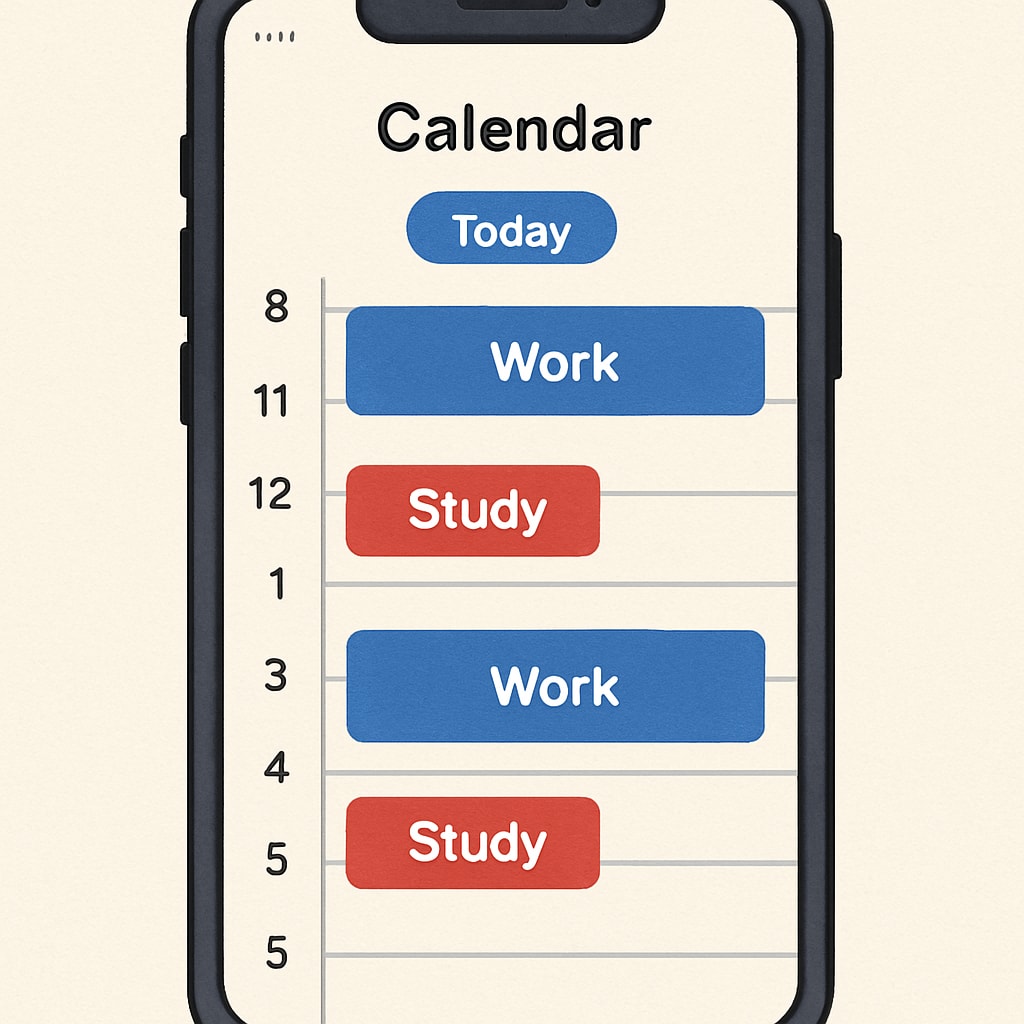Pursuing a master’s degree while maintaining a full-time career is no small feat. The demands of career development often clash with the rigorous commitments of advanced education, creating significant time management challenges. For many professionals, balancing these two priorities can feel overwhelming, but with the right strategies, this balancing act can lead to personal and professional breakthroughs.
Why Time Management Becomes a Challenge for Working Professionals
The journey of pursuing a master’s degree alongside a career is fraught with obstacles. Working professionals are often stretched across multiple responsibilities, from meeting deadlines at work to preparing for exams, writing papers, and attending classes. These overlapping commitments can lead to feelings of burnout, reduced productivity, and even missed opportunities for personal growth.
Some of the main reasons behind this time management conflict include:
- Rigid work schedules: Many workplaces require fixed hours, leaving little flexibility for academic pursuits.
- Complex course demands: Graduate programs often involve intense research, group projects, and in-depth learning, demanding significant time and focus.
- Limited downtime: Professionals often sacrifice leisure and family time to meet the demands of both work and study.
Understanding these challenges is the first step in finding ways to overcome them and achieve balance.

Strategies to Balance Career and Education
While the challenges are significant, they are far from insurmountable. Here are key strategies for managing work and education effectively:
- Prioritize your goals: Define what matters most to you—whether it’s excelling in your career, achieving academic success, or maintaining a healthy work-life balance. Use this clarity to guide your decisions.
- Create a structured schedule: Allocate specific times for work, study, and relaxation. Tools like digital planners or time-blocking apps can help streamline your daily activities.
- Communicate with stakeholders: Discuss your academic goals with your employer and professors to explore flexible work hours, remote options, or customized coursework timelines.
- Leverage technology: Use online resources, virtual classes, and productivity apps to save time and increase efficiency.
- Adopt self-care practices: Ensure you maintain mental and physical health by including breaks, exercise, and hobbies in your routine.
These strategies not only help professionals stay on track but also enable them to grow holistically during their pursuit of higher education.

Long-Term Benefits of Mastering the Balance
Balancing a master’s degree with a career may be challenging, but the rewards are immense. Professionals who successfully navigate this journey often experience:
- Enhanced career prospects: A master’s degree can open doors to promotions, specialized roles, and increased earning potential.
- Personal satisfaction: Achieving academic goals while maintaining professional success fosters confidence and resilience.
- Improved time management skills: The experience of juggling multiple responsibilities equips individuals with lifelong organizational abilities.
- Broader networks: Graduate programs provide opportunities to connect with industry peers, academics, and mentors.
As a result, the effort invested in balancing these priorities pays off in both immediate and long-term growth.
Conclusion: Success Lies in Strategic Planning
Balancing a master’s degree with career development requires intentionality, discipline, and a willingness to adapt. By understanding the challenges, implementing effective strategies, and focusing on long-term benefits, professionals can thrive in both realms. The key is to approach this balancing act as an opportunity for growth rather than a source of stress.
Whether you’re considering enrolling in a graduate program or already navigating this dual commitment, remember that success lies in strategic planning and prioritization. With perseverance and the right mindset, you can achieve the dual goals of advancing your education and excelling in your career.
Readability guidance: This article uses concise paragraphs, lists to summarize key points, and evenly distributes transition words to enhance flow. The content avoids excessive passive voice and long sentences, ensuring clarity and accessibility.


